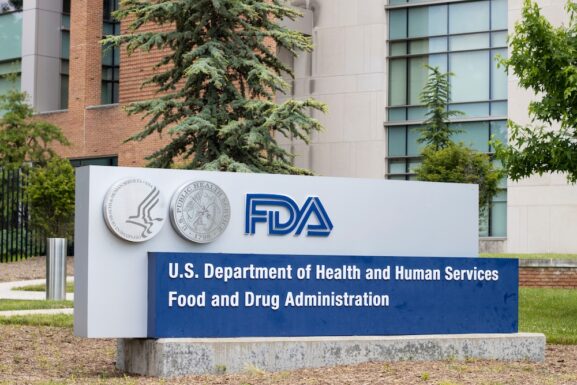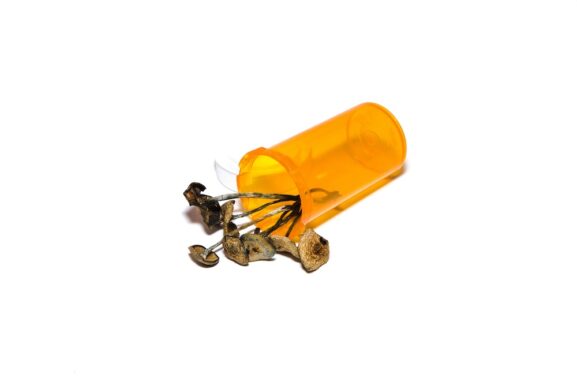DMT Shows Promise as Rapid Depression Treatment, King’s College Study Finds
A groundbreaking study from King’s College London has revealed that DMT, the psychoactive compound found in ayahuasca, could offer swift relief for those battling depression. The research, published recently, suggests that a single dose of DMT, when combined with psychotherapy, may significantly alleviate depression symptoms within 24 hours.
New: Interested in Being Part of a Psychedelics-Focused Clinical Trial? Sign Up Here
The study, involving 17 participants with treatment-resistant depression, marks a potential turning point in mental health treatment. Dr. Carol Routledge, one of the lead researchers, expressed optimism about the findings: “The results are exciting and demonstrate that DMT-assisted therapy could be a promising new approach for treating depression.”
RELATED: Study: Psychedelics Improve Thinking in Older Adults
Participants reported substantial improvements in their depression symptoms just one day after treatment, with effects persisting for up to three months. This rapid onset of action stands in stark contrast to traditional antidepressants, which often take weeks to show results.
DMT, or N,N-Dimethyltryptamine, is a naturally occurring psychedelic compound found in various plants and animals. It’s the primary active ingredient in ayahuasca, a brew used in traditional South American spiritual practices. Unlike extended ayahuasca ceremonies, the study used a short-acting, synthesized form of DMT.
RELATED: These are the Most Common Side Effects of MDMA Therapy as FDA Approval Looms
The potential of DMT lies not just in symptom relief but in its ability to potentially “reset” the brain. Researchers hypothesize that the compound may help break entrenched negative thought patterns, offering a fresh perspective to those trapped in the cycle of depression.
However, experts caution that while these results are promising, more extensive trials are necessary. The study’s small sample size and the complex nature of psychedelic experiences mean that broader, more diverse studies are needed to confirm these initial findings.
The research comes at a time of renewed interest in psychedelic-assisted therapies. With clinical trials restarting for MDMA and ongoing studies into psilocybin for depression, DMT joins a growing list of once-taboo substances being reevaluated for their therapeutic potential.
RELATED: Study: Psychedelics Have A More Profound Effect on Older Adults
As the field of mental health treatment evolves, studies like this open new avenues for those who have found little relief in conventional therapies. While it’s too early to declare DMT a miracle cure, the results offer a glimmer of hope in the ongoing battle against depression.
The road from promising study to approved treatment is long and complex, but for the millions suffering from treatment-resistant depression, every step forward is a victory. As research continues, the mental health community watches with cautious optimism, hoping that DMT might indeed be the key to unlocking rapid, effective depression treatment.



